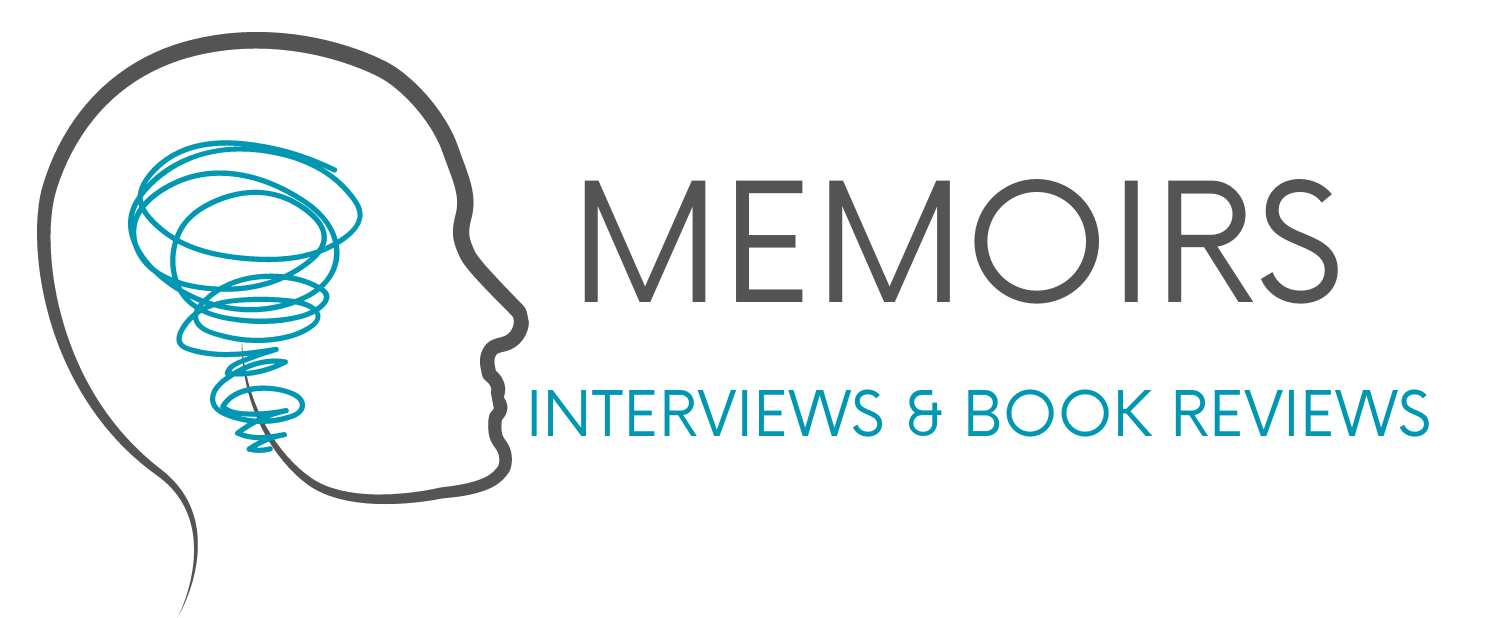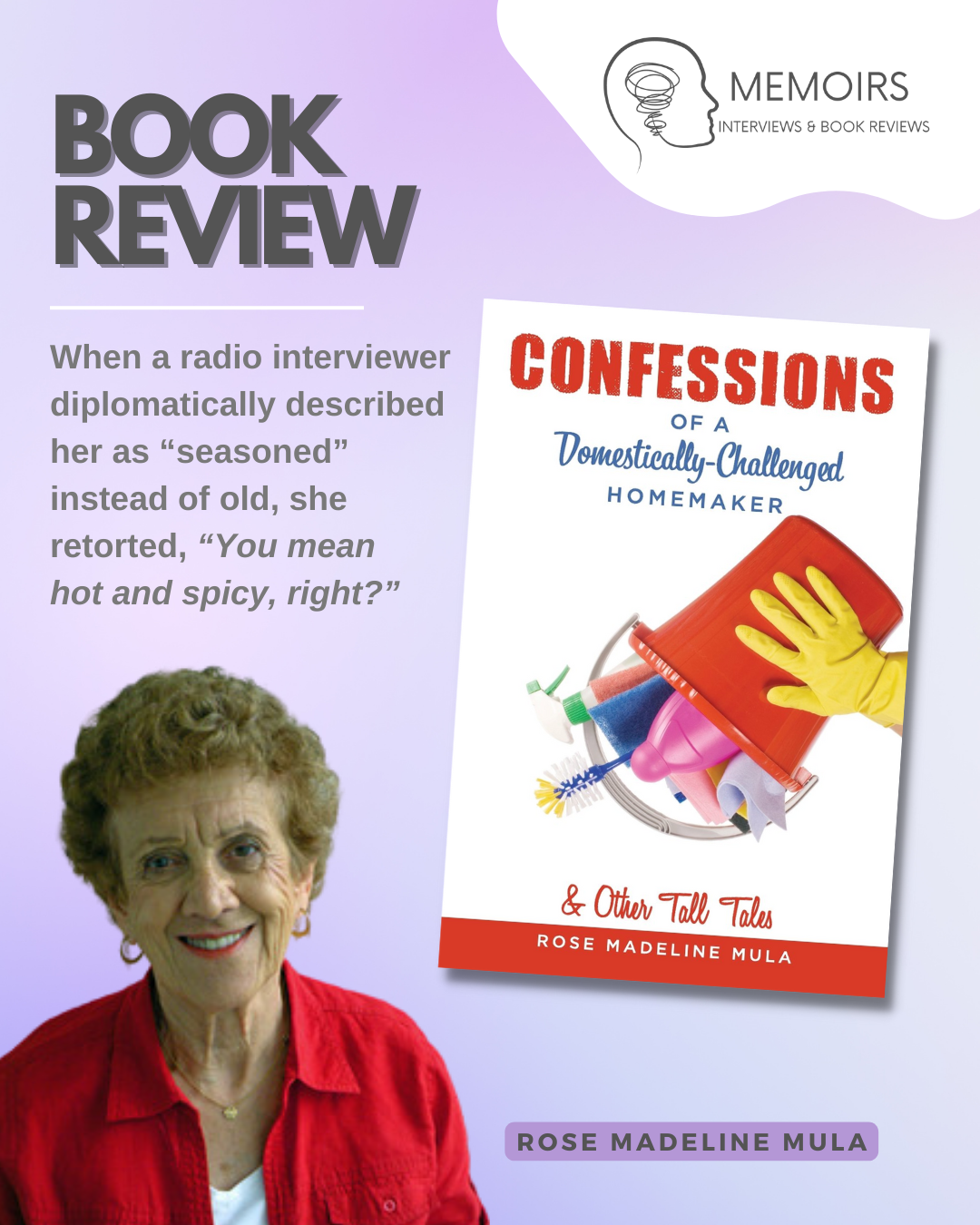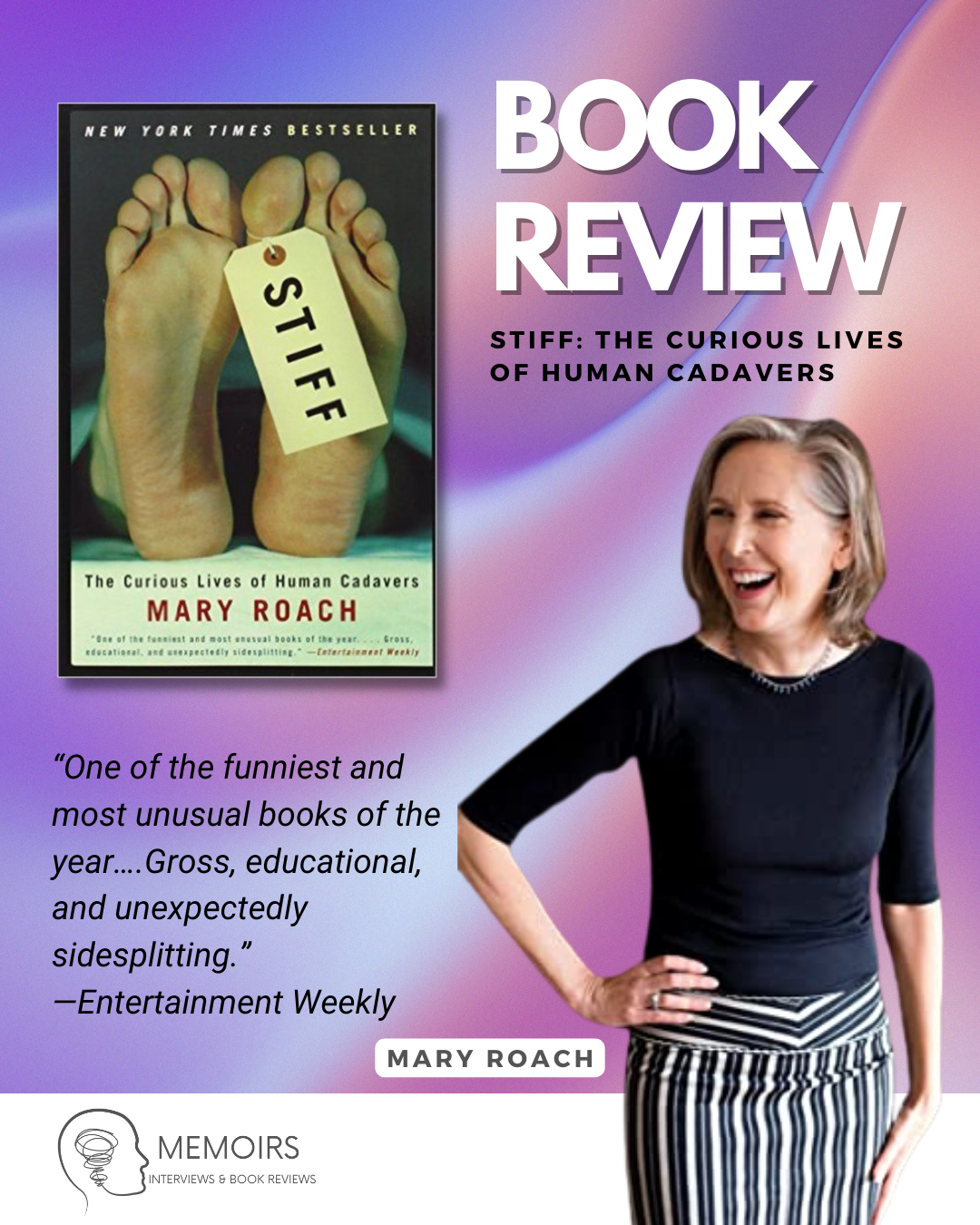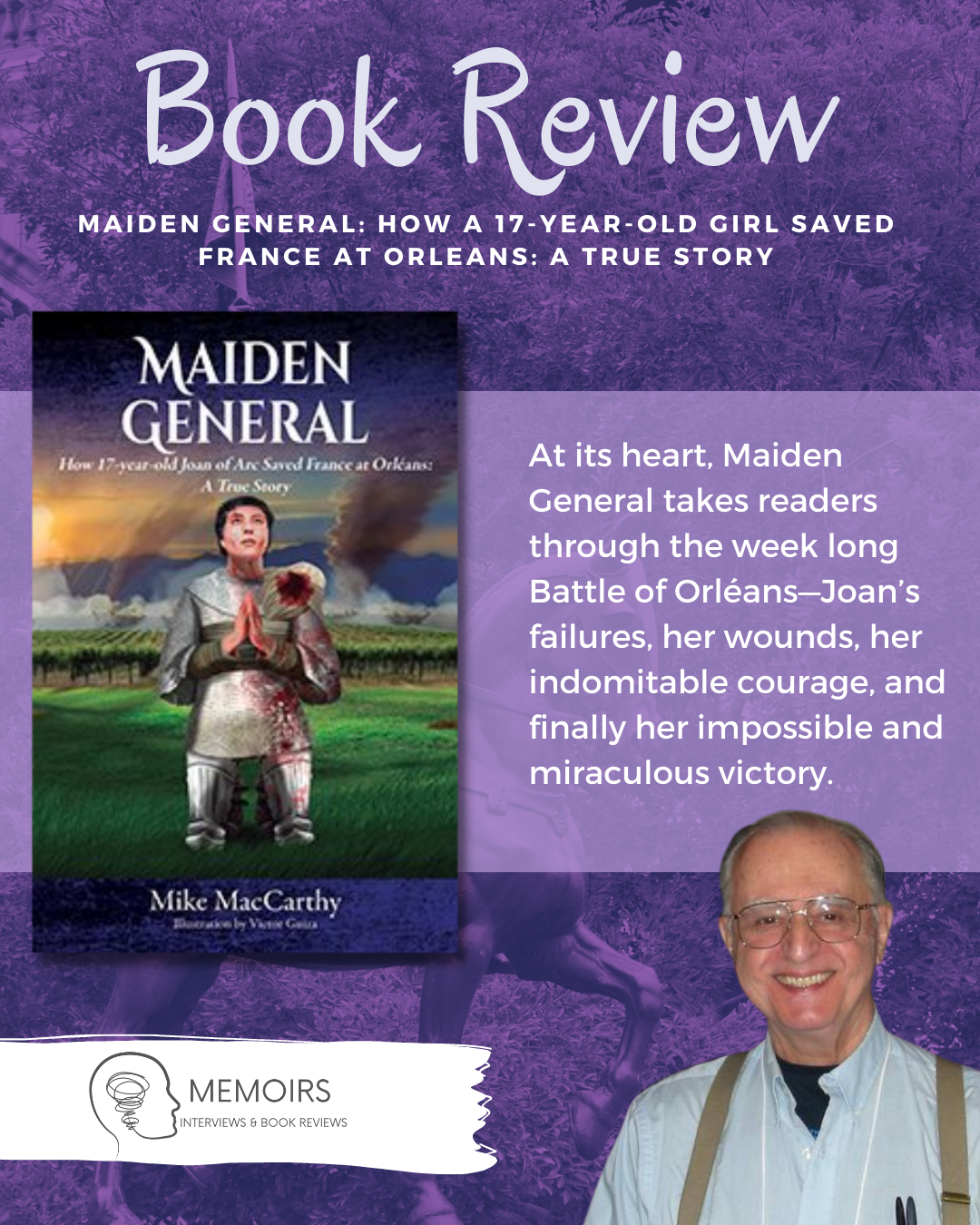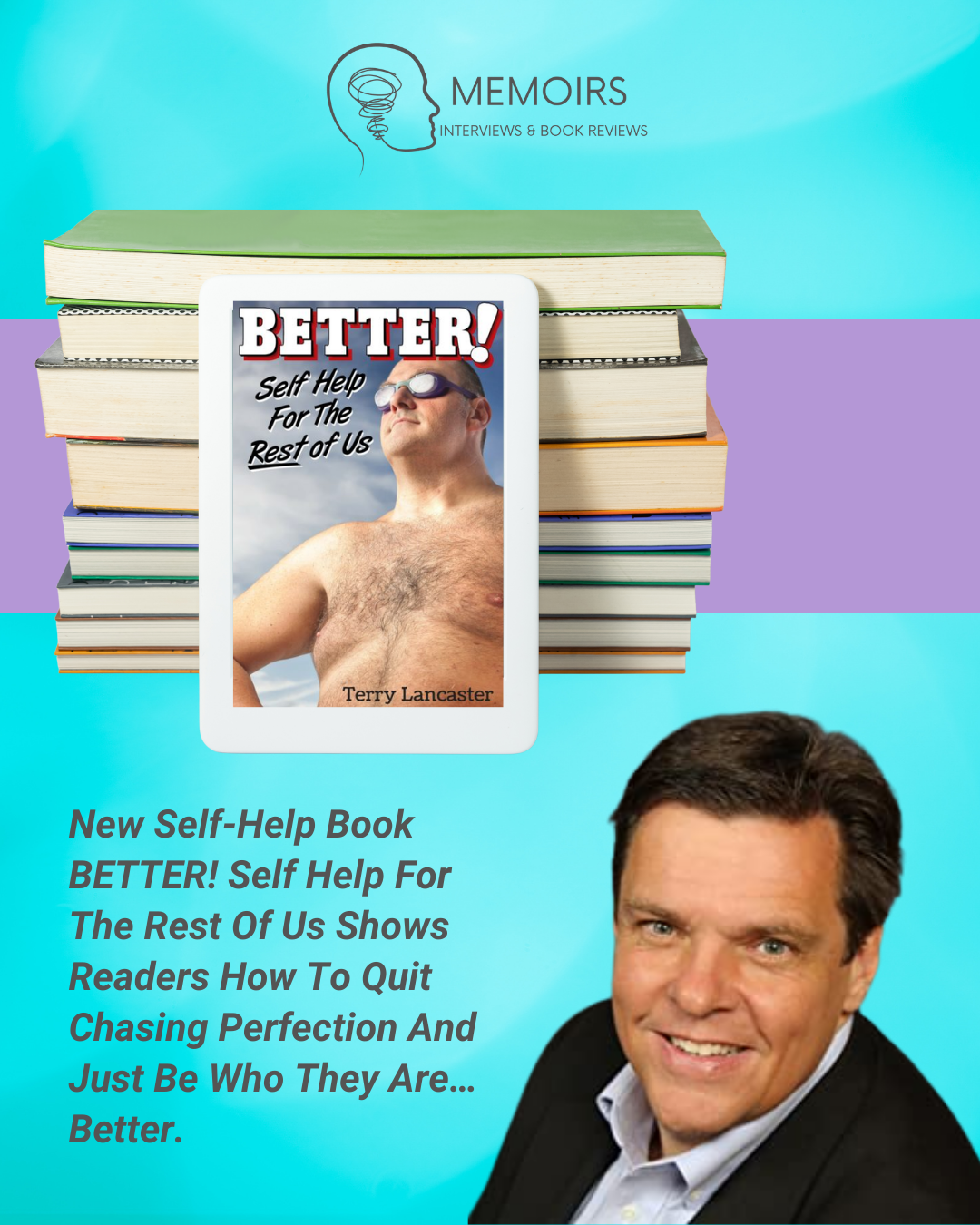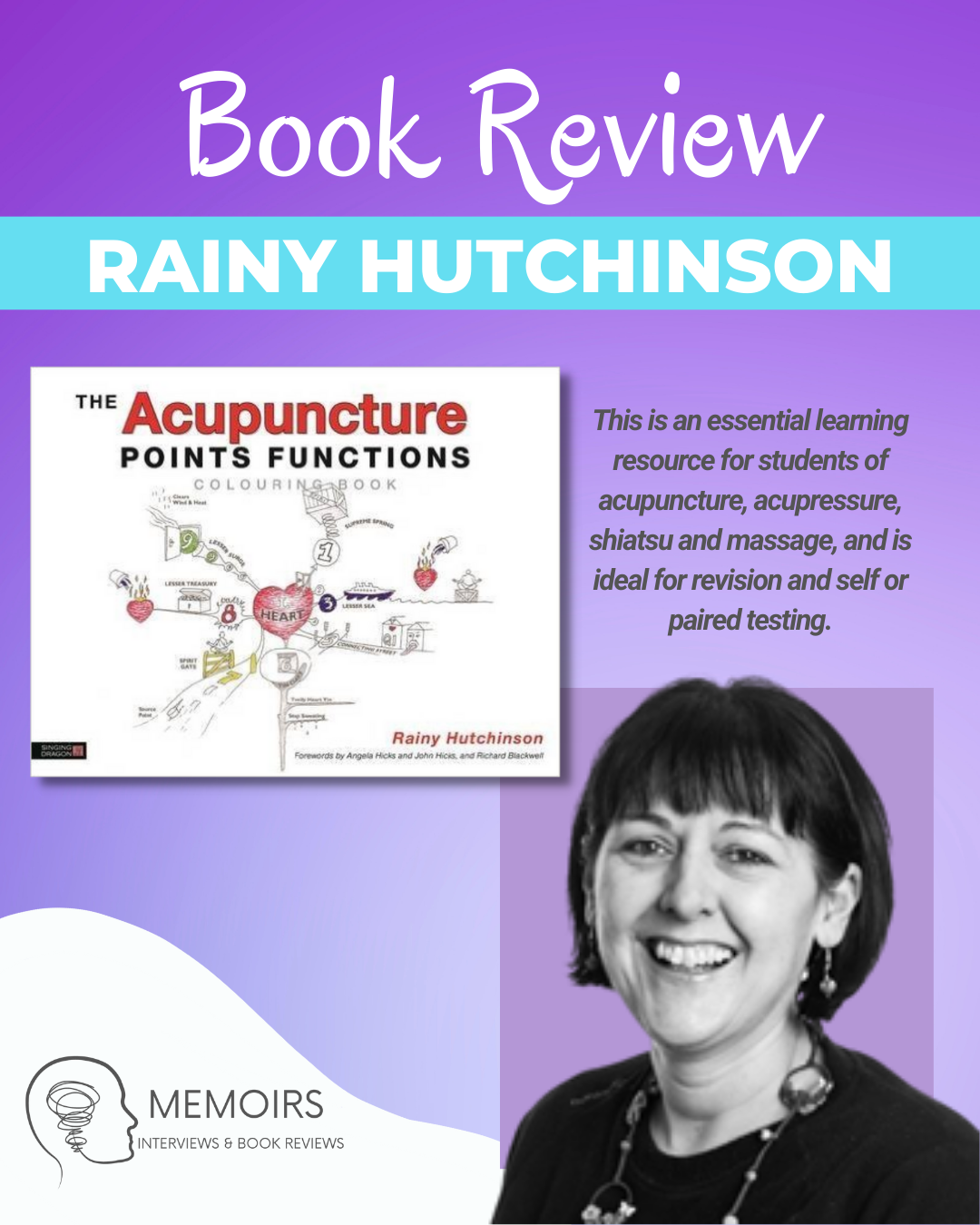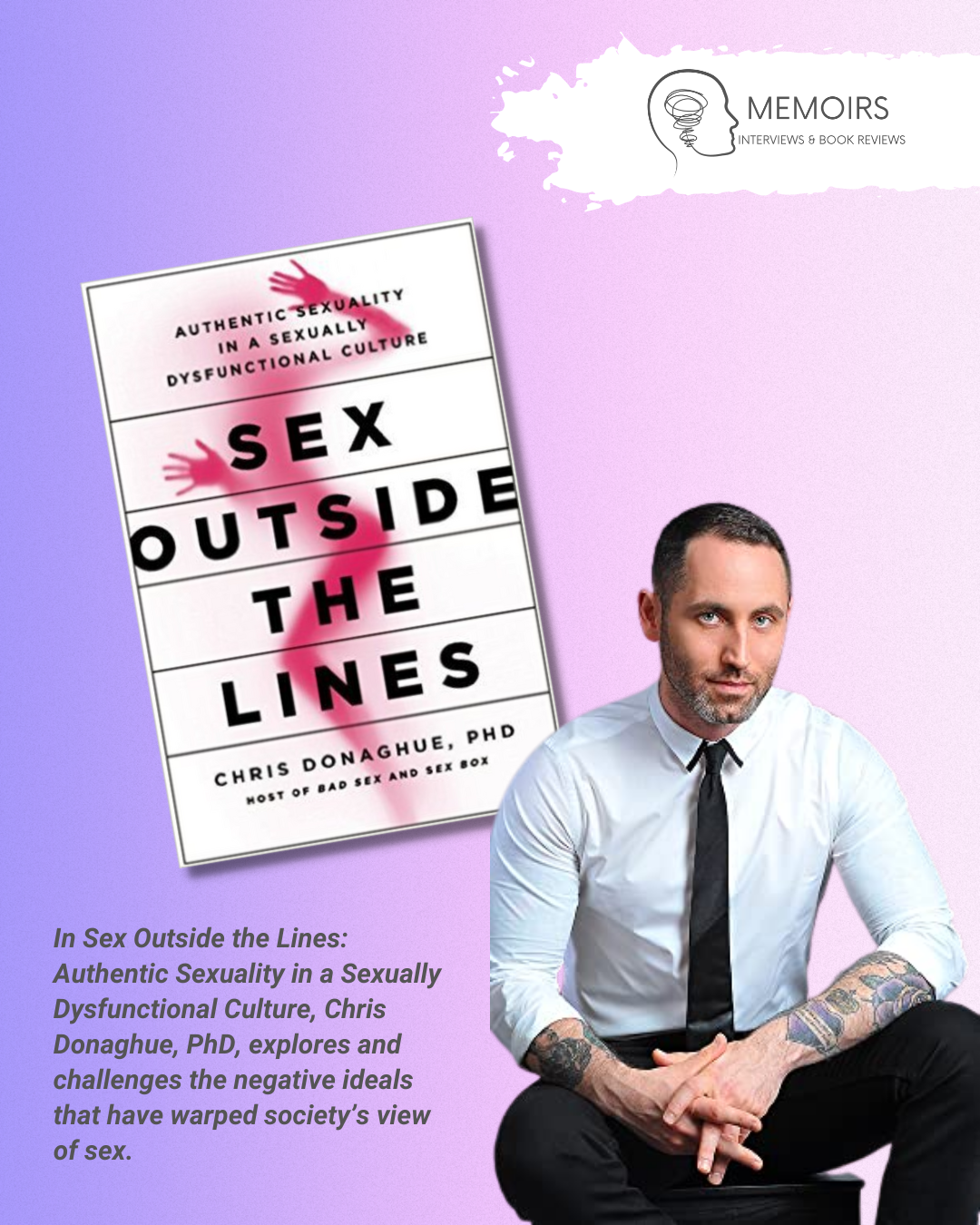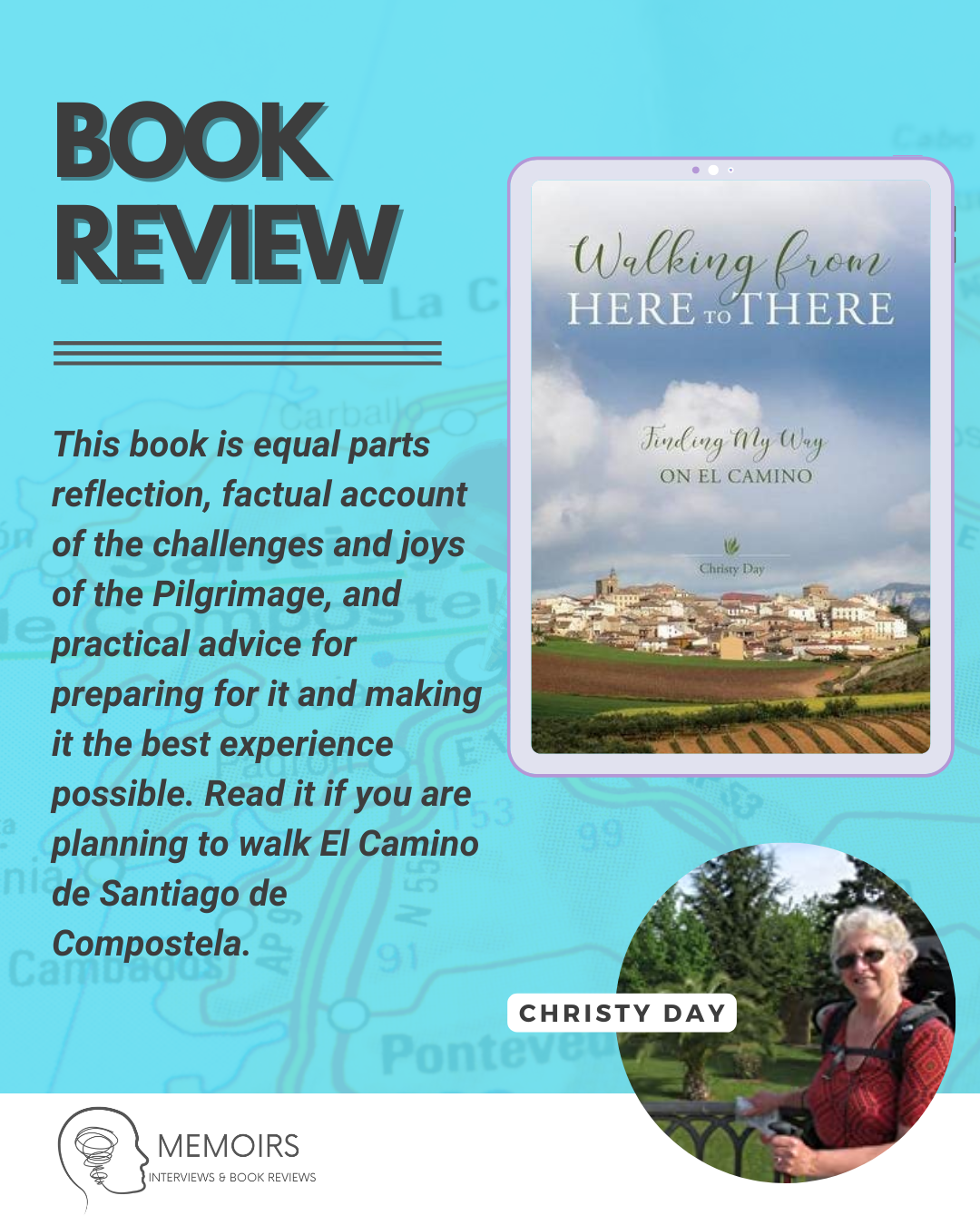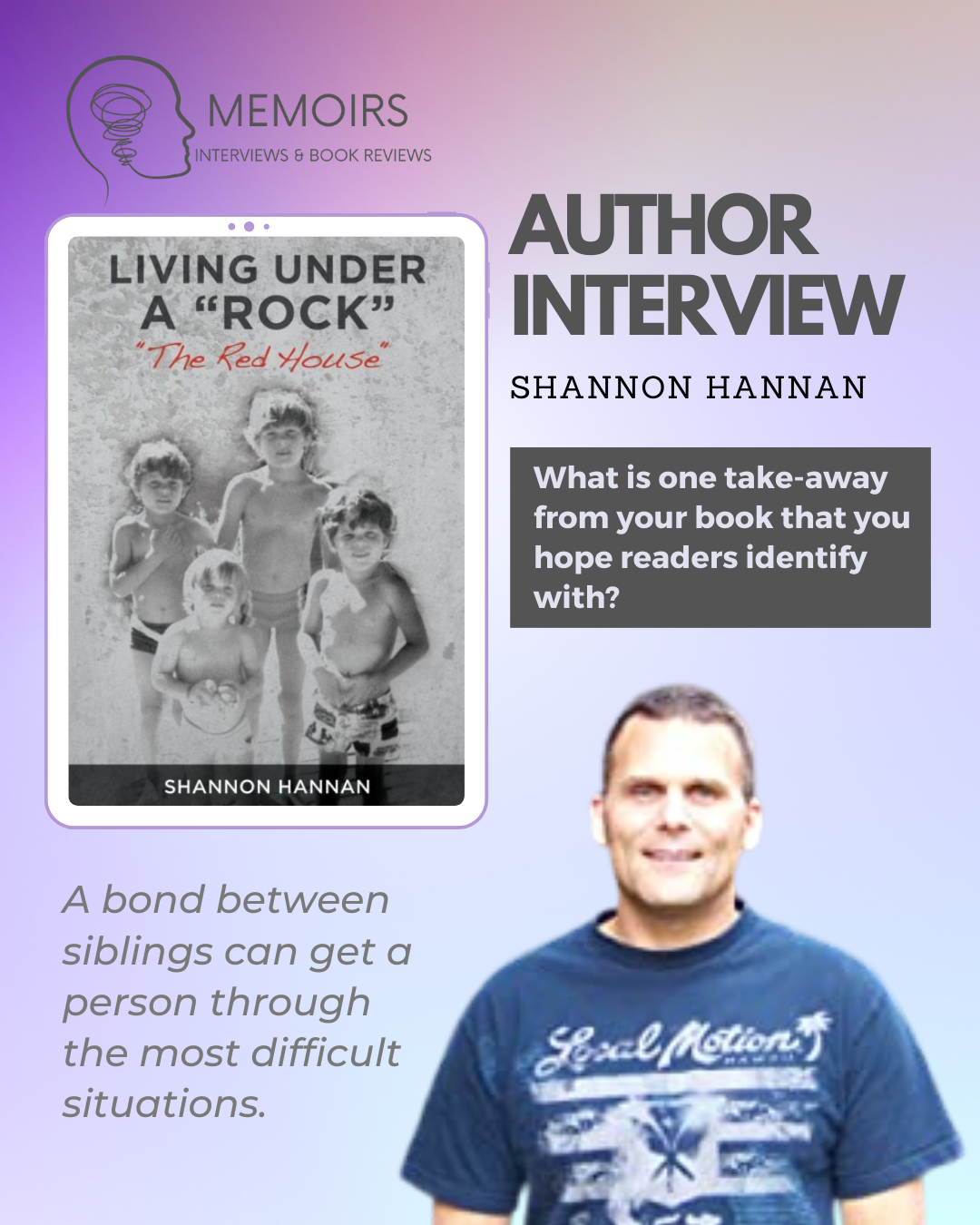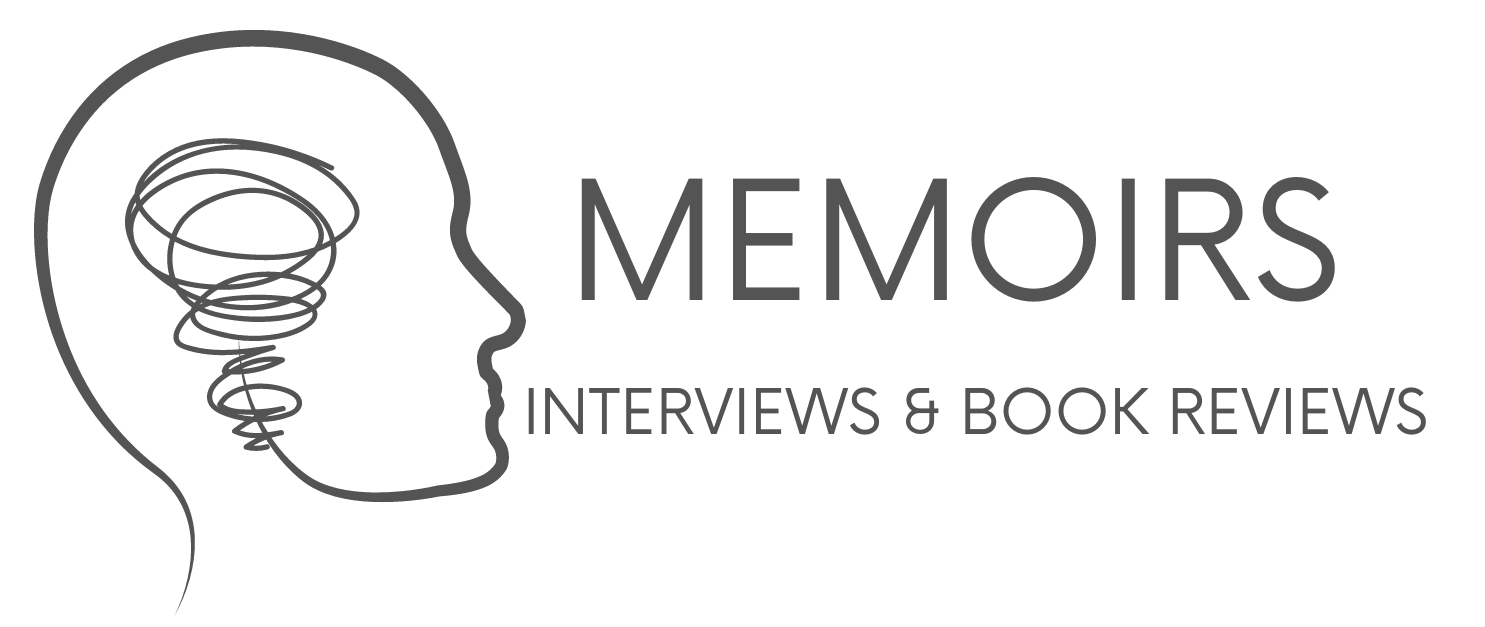Guynecology is an engaging collection of short stories, which you’ll find rides the line between fiction and reality. Author Camilla Outzen Rantsen’s book is written with her own life stories in mind. Her characters and narratives blend storytelling and real life, Guynecology has a wide range of stories. From love stories, coming of age and even ghost stories, ultimately sharing a life story of awesome experiences. In this interview, we glimpse into Camilla’s creative process and what exactly inspires her.
Tell us about your book.
My book is a collection of short stories of life as a foreign girl in Los Angeles. Some of them are written from the point of view as a teenager and some from someone in their 20s and 30s. Coming of age in Los Angeles looks different than in any other city because age is so important here and at the same time hard to fall into. Meaning, most people don’t act their age and what they love and what they fear don’t always match up where they are in life. It’s an otherworldly place, but very much in and of this world. This book is about the strange and entertaining stories of how we survive. Sometimes how we survive ourselves.
What is the PRIMARY benefit, above all others, that your potential reader will gain from reading this book?
I think the primary benefit someone will get out of this is how different we all are and at the same time how very much the same. It’s the foibles of the human experience, no matter what the setting is the reader will really enjoy this work. I think the reader will also like a point of view that was not asked for, but that I felt was needed anyway and I felt the stories needed to be told in. The reader will simply go on the ride with me and in a way maybe feel less alone.
If you had to compare this book to any other book out there, which book would it be?
I think if you like David Sedaris or Carrie Fischer, you will really like this book. Jamaica Kincaid if you like long sentences. I think also, there’s a lot of Sloane Crossley’s I Was Told There Would be Cake to be compared to.
Hundreds of thousands of books come out every year. Why should someone buy THIS book?
I think what they will get from me is a person in odd situations who survived. The protagonist is someone who wholeheartedly gets into strange entanglements and where it’s not necessarily about 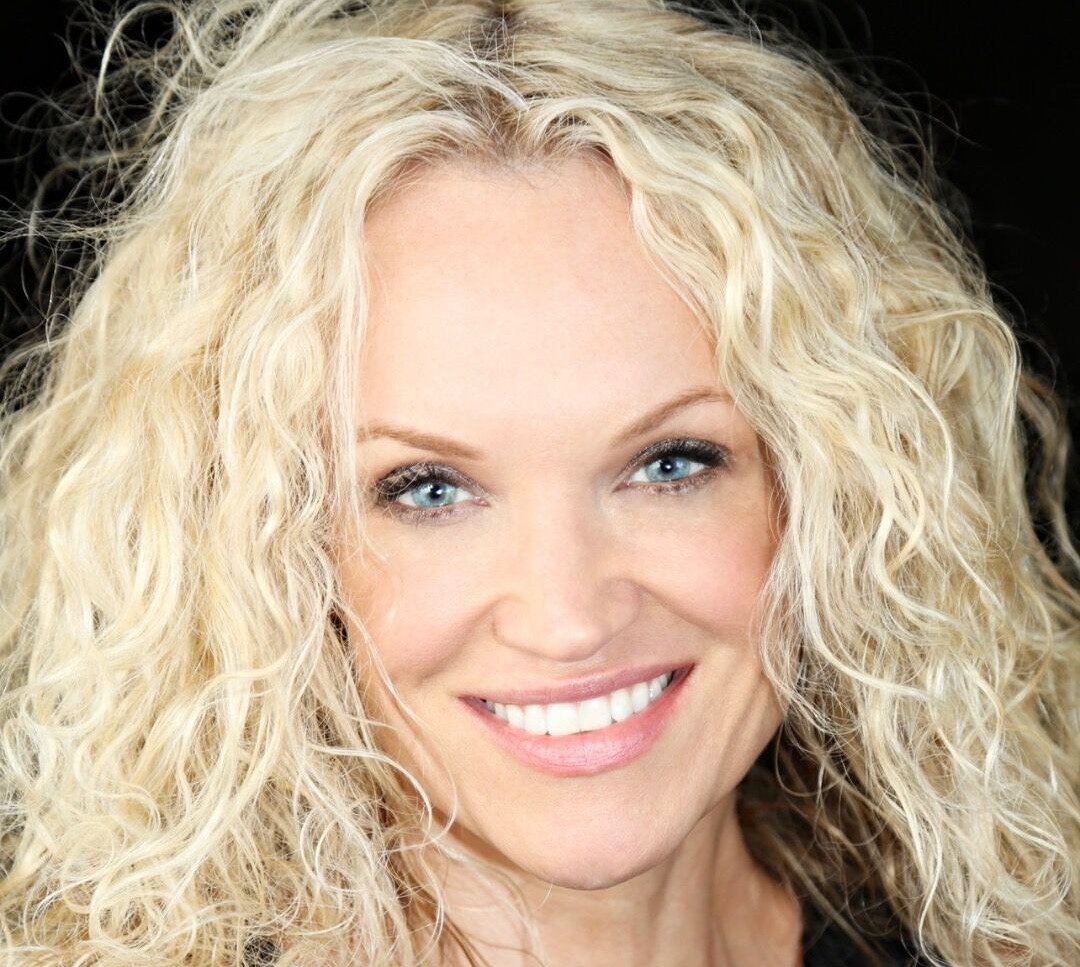 learning a lesson but experiencing life on life’s very strange terms. When she gives advice it’s to be useful, but sometimes her advice is set in circumstances no one usually has. But that doesn’t mean that it doesn’t work. She falls in love and follows her heart into situations that she shouldn’t. That she should have been smart enough not to get into. But being smart rarely has anything to do with love. Sometimes she is so naïve that it actually saves her. Sometimes she is so careful to not ruin a friendship but her mere presence ruins them anyway. It centers around the idea that we can’t make people who we think they should be and more importantly, they can’t make us into what they think we should be. And that’s why stories exist.
learning a lesson but experiencing life on life’s very strange terms. When she gives advice it’s to be useful, but sometimes her advice is set in circumstances no one usually has. But that doesn’t mean that it doesn’t work. She falls in love and follows her heart into situations that she shouldn’t. That she should have been smart enough not to get into. But being smart rarely has anything to do with love. Sometimes she is so naïve that it actually saves her. Sometimes she is so careful to not ruin a friendship but her mere presence ruins them anyway. It centers around the idea that we can’t make people who we think they should be and more importantly, they can’t make us into what they think we should be. And that’s why stories exist.
Who is your target audience?
I think this book is for anybody between 17-60. It’s written by a woman, obviously, but since it’s about how we all get along with each other and the fact that the title is based on the one opinion piece at the end of the book that centers on what has been going on between men and women in the last few years, I think it’s for anyone who has ever wondered what right and wrong is, anyone who has ever been in love and anyone who has ever lost a friendship.
Did your environment or upbringing play a major role in your writing, and did you use it to your advantage?
Yes. Who I am played a major role. Like the protagonist, I am from Scandinavia and left home very early and moved to LA, before I could legally drink. I always felt I was moved to be in certain cities or certain situations, and I feel that I have been given such an interesting life, too interesting sometimes, that I want to share it and inspire others to look at their own interesting lives.
Tell us your most rewarding experience since publishing your work?
I have worked in Hollywood as an actress and a writer, and everything is “hurry up and wait”. There are gate keepers telling you when and how and if ever your project can get made. There are trends for stories and storylines that change faster than social media filters. The quarantine gave me time and peace to just write what I wanted to write and so I wrote two books. This is the first one. And just the fact that I could send this out, when I want to. And even if the first publisher didn’t work out, the second one did. Because it was hybrid publishing, there was a lot of work I had to do myself and I am endlessly grateful that I now know how to put a book out and I am endlessly grateful for the help I got.
I basically got to design my own cover. I got to add a playlist. Who does that? I will have it up on Spotify, as well, for you. I am still working on the audible version, because when I was back home over the holidays, I just sat down in a recording studio (where Kendrick Lamar had recorded the week before) and I just read it. There was no handholding. There was no hurry up and wait. The book came out too early. I took it back and fixed mistakes, but the stories are so good and funny, and I am grateful to anyone who has inspired me even a little bit.
How would you describe your writing style?
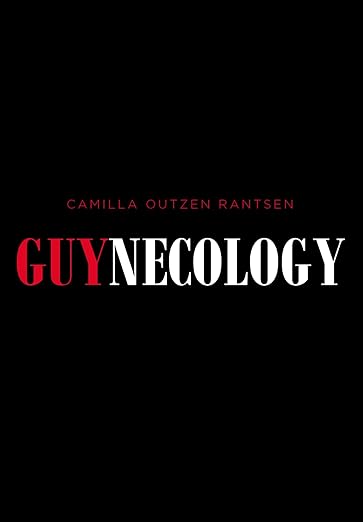 In this book, in particular, my writing style is like a kid that is afraid he or she won’t get to say their piece, so they talk in long sentences and go on tangents. It’s in the style of what I think I gravitate towards when I read something, listen to something or watch something. Aaron Sorkin does this, and I love it. He is probably more precise than me, but I write how I think, and I talk directly to you. I’m not here to impress you, I’m here desperate to tell you a story. And you want a storyteller who is desperate. You want to read something that NEEDED to be written. That’s where the passion is. I think writing styles change from what story you are telling. But I think the inner life of the characters create the plot. To me there is no car chase without some lunatic coming up with an idea that gets him or her in a car. There are no car chases in this book, but there is a gun being drawn on a seventeen-year-old girl who couldn’t care less and thinks she is the one in control.
In this book, in particular, my writing style is like a kid that is afraid he or she won’t get to say their piece, so they talk in long sentences and go on tangents. It’s in the style of what I think I gravitate towards when I read something, listen to something or watch something. Aaron Sorkin does this, and I love it. He is probably more precise than me, but I write how I think, and I talk directly to you. I’m not here to impress you, I’m here desperate to tell you a story. And you want a storyteller who is desperate. You want to read something that NEEDED to be written. That’s where the passion is. I think writing styles change from what story you are telling. But I think the inner life of the characters create the plot. To me there is no car chase without some lunatic coming up with an idea that gets him or her in a car. There are no car chases in this book, but there is a gun being drawn on a seventeen-year-old girl who couldn’t care less and thinks she is the one in control.
Are your characters pure fiction, or did you draw from people you know?
Some characters are drawn from situations that happened to me and I created the characters around them. There are several people who have become one person and one who has been split into two. No one is really real in this, except the protagonist and the situations she is in. And by saying real, I confuse myself, because there’s a part of me that’s the protagonist and there are parts of me that aren’t. It’s a book. These are my memories and now ex-memories, because they have been fictionalized. These are my experiences, what happened to me and what I got myself into, but entirely different characters. Is it real? You decide. It’s out of my hands and in yours. Real life is better when it’s unreal, anyway.
Are you more of a character artist or a plot-driven writer?
Character all the way. It’s what drives the plot. A plot is a necessary framework, unless you have characters who can’t help themselves and become the whole plot. But characters should feel as real as you and me. Just like the outcomes of what we have done or what has happened to us have been guided by our thoughts and decisions. In this case, truth, consequence, rock stars who kidnap you, boyfriends who really love you, and all the things you really loved but lost, because that’s how it must go.
What do you hope to accomplish with your book other than selling it?
I hope that people read it. I hope that people tell me how it made them feel. Since there are some amazing relationship stories in there, that often revolve around traveling, I hope to hear yours. There are also ghost stories, in the most hyper realistic sense. And friendships gone as wrong as any relationship could. There are also a few tidbits on how to train wolves. And maybe even dating. I write what I know.
How can our readers get in touch with you?
IG: @camillarantsen
Tiktok: @camillarantsen
Facebook: Camilla Outzen Rantsen
Linkedin: Camilla Outzen Rantsen
(I can be emailed there.)
Where can our readers purchase your book?
Some independent bookstores.
